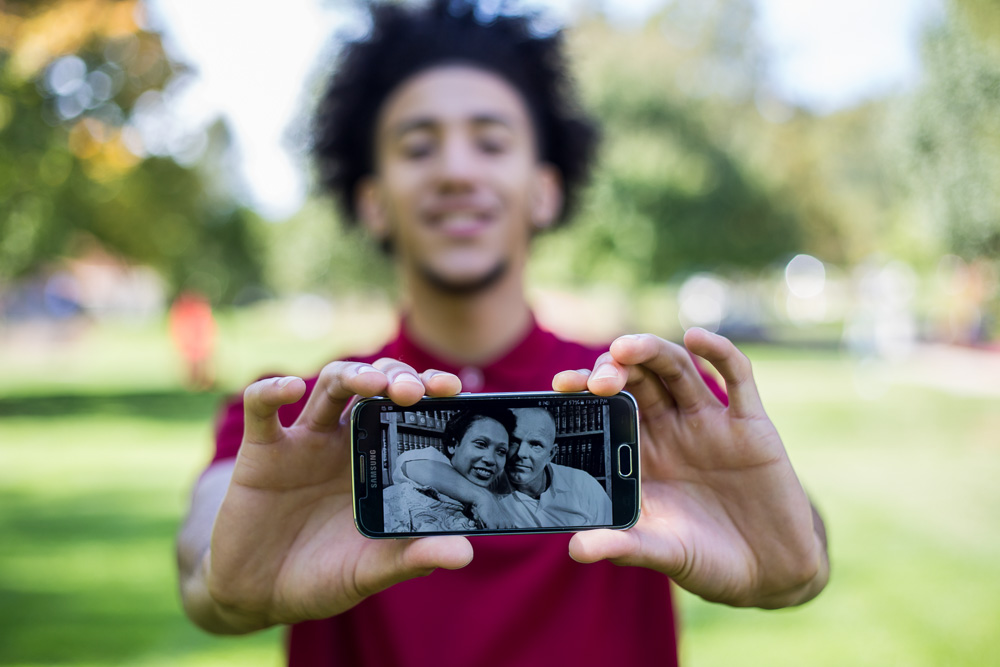Fighting For Miscegenation - How the Loving v. Virginia Case Changed Marriage Laws Across the U.S.
Aftermath

Londen Wheeler, 2016, Mark Loving with a photo of his grandparents, Bettman/Getty
Following the trial, all state anti-miscegenation laws were unconstitutional, and no one could be convicted of them in the U.S. The Lovings were able to return to Central Point and raise their children there as they’d intended.
Many interracial people now thrive in the U.S. because of this case. For example, if miscegenation was illegal, Kamala Harris wouldn't be our 49th vice president.

Overall, the Lovings' case established marriage rights for all U.S. citizens and legalized miscegenation throughout the U.S. They challenged conventional thinking, and what began as only an attempt to legalize their marriage so they could live together happily ended up making a political statement and crossing cultural and societal frontiers by standing up for their undeniable rights.
The Supreme Court Case
Written Work